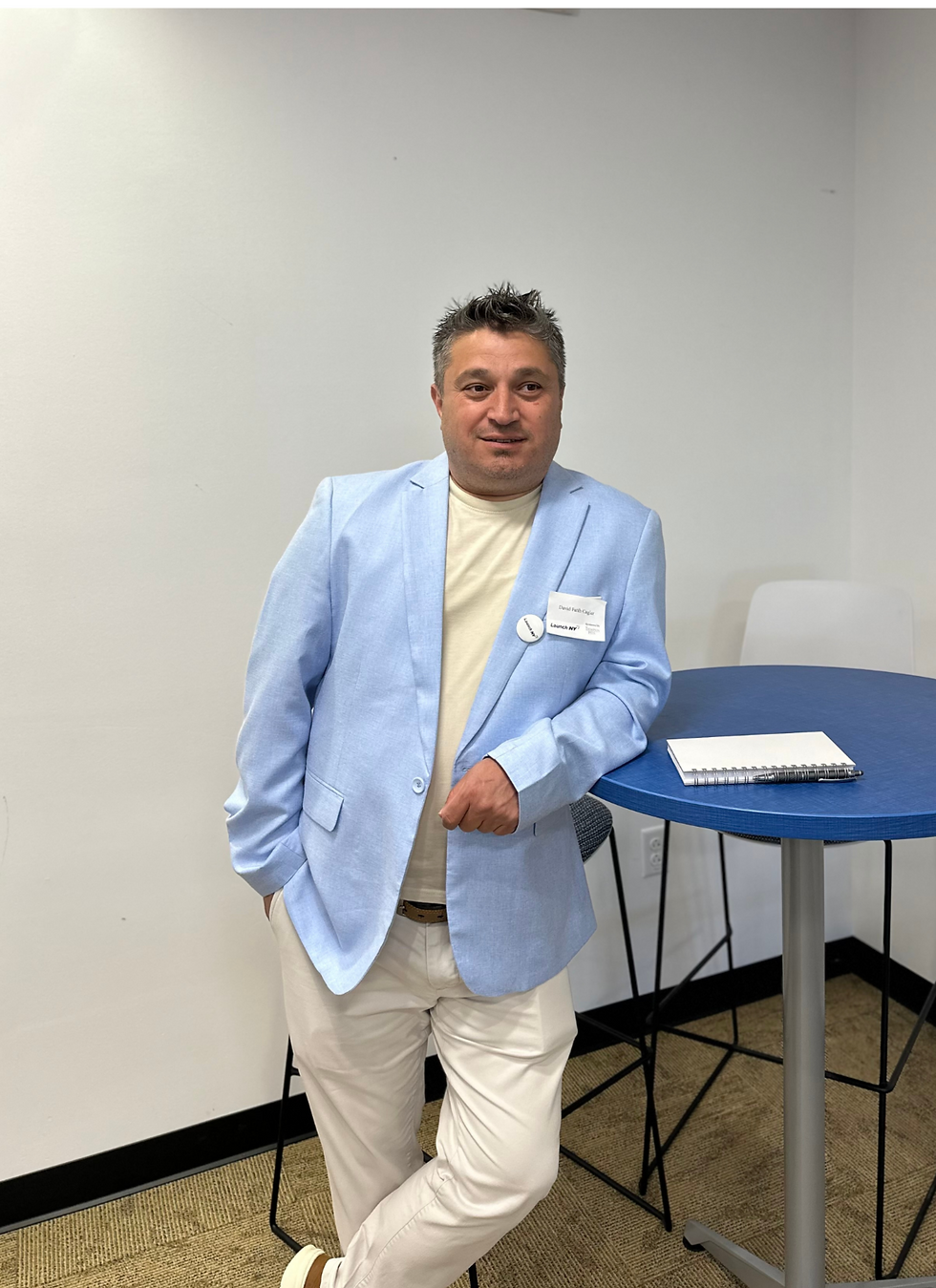Governor Murphy's Conditional Vero of Assembly Bill 6108
- executivedirector888
- Jan 11, 2022
- 4 min read
Yesterday, Governor Murphy issued a conditional veto of Assembly Bill 6108.
A conditional veto is issued by a governor when he agrees with the general premise of a bill but opposes the specifics. Unlike an absolute veto that kills a bill or requires a 2/3 override to be enacted, a conditional veto allows the governor to re-write the bill and submit his proposed changes to the legislature for concurrence. The legislature cannot amend the governor’s recommendations. If the legislature makes the changes the governor recommends, he will sign the bill into law.
Upon Assembly Bill 6108 being returned to the General Assembly on January 10, 2022 the conditional veto was concurred with. The revised bill was then sent to the Senate which also concurred. As of this writing Governor Murphy has not yet signed the bill so EDGE Consulting cannot provide a public law citation.
The Governor’s conditional veto was comprehensive.
The Governor opened his conditional veto statement by agreeing with the sponsors’ desire to ensure all workers are properly trained and supervised but was concerned that some of the proposed changes would weaken consumer protections. Below is a synopsis of the most salient points of the conditional veto.
• The Governor did not agree to move the Board of Examiners of Electrical Contractors out of the Department of Law and Public Safety (Attorney General). However, for the next two years if the Governor determines the public interest is served by moving the Board to another department he can do so.
• The Governor recommended the Legislature appropriate $400,000 to the Department of Law and Public Safety to hire staff to investigate violations of and enforce the Electrical Contractors Licensing Act of 1962.
Comment: There was universal agreement among proponents and opponents of the bill that the Board needed to do a better job of policing unlicensed work. If the Board uses this new found manpower to effectively police unlicensed work the chances of it staying under the AG are good, if not... This is their “first, last, and only chance” to better police the industry.
• The Governor deleted the limitation that Class B wiremen can only work in buildings up to 10,000 square feet.
Comment: While not adopting NJ-IEC’s specific recommendation, this recommendation achieves the same objective, that there can be workers in the electrical contracting industry who are neither licensed electrical contractors, Class A Journeymen, nor Class A Apprentices. However, they will have to pass an exam as will everyone, except for Class A journeymen.
• The Governor deleted the definition of “direct supervision” which qualified how a Class A journeyman would supervise Class A electrical apprentices or Class B Wiremen. He also allowed a licensed electrical contractor to supervise Class A electrical apprentices or Class B Wiremen.
• The provision of the bill that the NJ-IEC Board spent the most time discussing was the temporary licensure provision for out of state workers, including the transition of a temporary license into a full license, in Section 11. The Governor significantly revised Section 11 in four ways:
He deleted the term “electrical worker.” This term was undefined and used nowhere else in the bill, but the bill allowed for out of state electrical workers to be licensed.
He qualified the type of work a temporarily licensed out of state Class A journeyman electrician can perform. The qualification allows them to only work under the supervision of a licensed electrical contractor. Additionally, they cannot supervise electrical work.
He required anyone temporarily licensed who is required to obtain a full license i.e., here for more than 30 days, to be subject to all requirements for the license which the individual is applying.
He deleted the ability of an out of state individual who is temporarily licensed to obtain a full license without examination if they had completed a United States Department of Labor apprenticeship.
• He allowed for license reciprocity without an exam for licensed individuals from other states as long as those states provided same. However, he expanded the reciprocity to include electrical contractors.
• He made the bill effective immediately. The bill was to have taken effect thirteen months after it was signed.
One part of the Assembly Bill 6108 NJ-IEC strongly opposed was the ability of in-state Class A journeymen to get licensed without having to pass an exam. That provision stayed in unchanged.
Based on how the bill is written the Board has the discretion to require an individual pass an exam to become licensed as a Class A journeyman electrician and EDGE Consulting advises NJ-IEC advocate for such when the regulations to implement the new law are proposed. However, EDGE Consulting believes the Board would be under considerable pressure to allow Class A journeymen to obtain a license through the alternate means provision of existing law (we recommended deleting this). This means if an in-state Class A journeyman electrician can obtain a license without having to pass an exam and the amended Section 11 requires any temporary licensee to obtain a full license through the same requirements as the New Jersey licensee, then an out of state Class A journeyman electrician can get licensed without exam as well. NJ-IEC will need to actively monitor the regulations once they are proposed by the licensing Board.
While the end result is still not what NJ-IEC wanted, considering how bad the original version of Assembly Bill 6108 was, the Governor’s recommendations are a modest improvement.




Comments